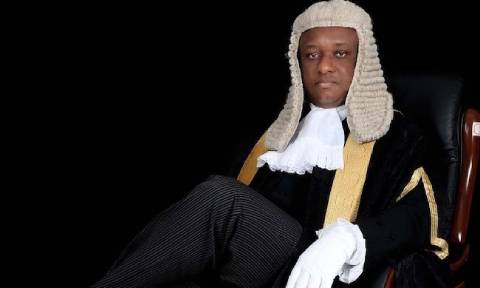It was learnt that justice of the federal capital territory (FCT) high court, Abuja, Yusuf Haliru adjourned the hearing of the Senate President, Bukola Saraki, Duputy senate president,Ike Ekweremadu and few others for 10 minutes because of the congestion of his courtroom.
It would be recalled that Saraki, Ekweremadu, Salisu Maikasuwa, former clerk of the national assembly, and Benedict Efeturi, his deputy, are facing charges of alleged criminal conspiracy and forgery of the senate standing rules, 2015, brought against them by the federal government.
Haliru gave the order to the court registrar to “reorganize” the courtroom because he was not happy about the congestion. He added that those who were not lawyers to give up their seats to lawyers present in the court room.
Journalists who were in the court room adhered to the instruction but the Senators that accompanied the Senate president and his deputy did not comply.
Count one of the charge reads: “That you Salisu Abubakar Maikasuwa, Benedict Efeturi, Dr. Olubukola Saraki and Ike Ekweremadu on or about the 9th of June, 2015, at the National Assembly Complex, Three Arm Zone, Abuja within the Jurisdiction of this Honourable Court, conspired amongst yourselves, to forge the Senate Standing Order, 2011 (as amended) and you thereby committed the offence of Conspiracy, punishable under Section 97 (1) of the Penal Code Law.”
Count two reads: “That you Salisu Abubakar Maikasuwa, Benedict Efeturi, Dr. Olubukola Saraki and Ike Ekweremadu on or about the 9th of June, 2015, at the National Assembly Complex, Three Arm Zone, Abuja within the Jurisdiction of this Honourable Court, with fraudulent intent forged the Senate Standing Order 2011 (as amended) causing it to be believed as the genuine Standing Order, 2015 and circulated same for use during the inauguration of the 8th Senate of the National Assembly of the Federal Republic of Nigeria, when you knew that the said Order was not made in compliance the procedure for amendment of the Senate Order, you thereby committed an offence punishable under Section 364 of the Penal Code Law.”




















